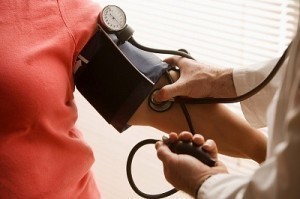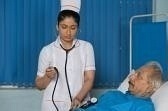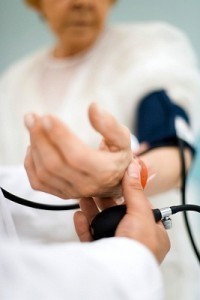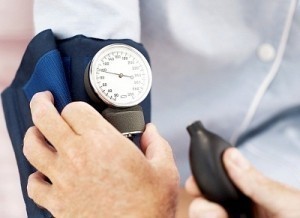Symptoms of Low Blood Pressure
Also known as hypotension, low blood pressure refers to a physiologic state in which a patient experiences sudden or recurrent blood pressure that is lower than what is required by the body. This medical condition can be life threatening because it can cause chronic illnesses. To prevent the complications, early detection of hypotension is highly recommended by health experts. To detect the condition, patients should have ideas about the minor and major symptoms of low blood pressure. As soon as the physiologic state is identified, it is important that patients ask for the medicines that they can take to prevent the recurrence of this condition.
Low Blood Pressure Signs
Fever, cough with phlegm, headaches, dizziness and light-headedness are some of the minor symptoms of low blood pressure. In addition to these, fever above 38.3 degrees Celsius and irregular heartbeat also indicate hypotension. The major signs of this medical condition include shortness of breath, severe pain in the chest, sharp upper back pain, dysphagia and dysuria. In severe cases, patients can experience foul smelling urine, seizures, loss of consciousness, profound fatigue, temporary loss of eyesight, life threatening allergic reaction as well as prolonged vomiting or diarrhea.
Low Blood Pressure Diagnosis
To know the safe and effective treatments for the condition, patients are advised to seek emergency help from physicians when any of the major symptoms occur. To diagnose if patients are suffering from hypotension, health professionals recommend them to undergo an electrocardiogram test. This diagnostic test evaluates the electrical activity in the heart. In addition to this, echocardiography can also be performed by physicians to assess blood flow to the heart. Other medical procedures that experts can perform to diagnose the medical condition are blood tests, stress test and the tilt table test. Physicians can also use advance equipment like event monitors to identify and record heart beat.
Low Blood Pressure Treatment
The treatments recommended by physicians depend on the factors that cause the development or occurrence of this health condition. Some of the most common and effective treatments include volume resuscitation, blood pressure support and steroid support. Aside from these, patients should ensure that they take antibiotics that are helpful in treating the underlying cause of low blood pressure such as adrenal insufficiency and myocardial infarction. Blood sugar control is also recommended by health experts to diabetic patients who regularly experience hypotension. Above all, patients should eat nutritious foods and should practice balanced diet to prevent the occurrence of ileus.
For more information on Symptoms Of Low Blood Pressure read:







